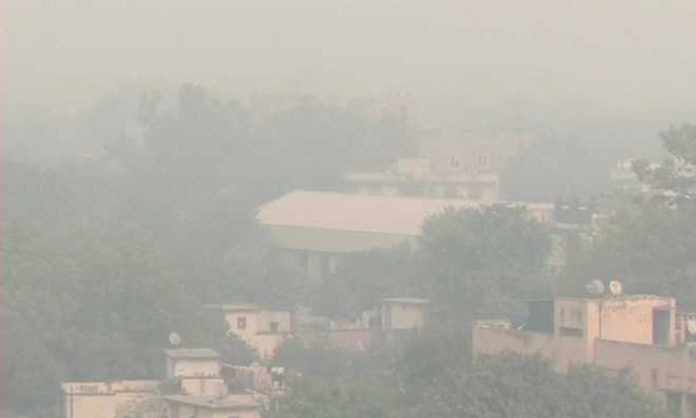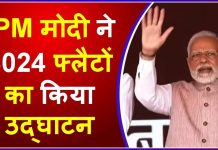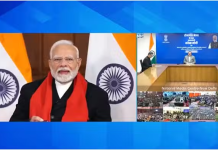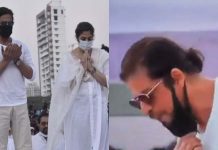New Delhi: AAP supremo and Delhi Chief Minister Arvind Kejriwal on Tuesday said that the odd-even scheme may again be implemented in Delhi in view of the growing pollution in the national capital. For past few days, air quality has yet again dropped in New Delhi and neighbouring areas, with more places suffering ‘severe’ pollution levels even as stubble burning is negligible.
Talking to reporters CM said, “We’re taking a no of steps like tree plantation drives and buying 3000 buses etc. We sanctioned one of largest metro phases yesterday. If the need arises, we’ll implement the Odd-Even scheme. Each individual has to play a role in reducing pollution.”
Delhi CM Arvind Kejriwal on air pollution:We're taking a no.of steps like tree plantation drives&buying 3000 buses etc.We sanctioned one of largest metro phases y'day.If the need arises, we'll implement the Odd-Even scheme.Each individual has to play a role in reducing pollution. pic.twitter.com/zI9DmTIuV9
— ANI (@ANI) December 25, 2018
On Sunday, Delhi recorded its second-highest pollution level this year. While the Central Pollution Control Board (CPCB) data had shown the overall air quality index (AQI) at ‘severe’ level of 450, the Centre-run System of Air Quality and Weather Forecasting (SAFAR) showed a higher level at 471.
This is the second highest pollution level this year. The highest was recorded on November 8, a day after Diwali, when the AQI touched 571.
In the wake of deteriorating air quality, authorities had advised people to minimise outdoor activities for the next couple of days. Unfavourable meteorological conditions are likely to keep the air quality in the severe category for the next couple of days, a report quoting Met officials said.
Notably, prolonged exposure to PM2.5 pollutants can lead to diseases like cancer and increases chances of stroke.
Thirty areas of the national capital recorded on Sunday ‘severe’ air quality while it was ‘very poor’ in six, the CPCB said. Several areas like Ashok Vihar, Anand Vihar and Wazirpur, among others, inched towards the ‘severe plus emergency’ category, the data showed.
On Saturday, a CPCB-led task force held a meeting in response to the current high PM2.5 levels which climbed to severe plus emergency category. Following this, the task force advised people to minimise outdoor exposure for the next three to five days and avoid using private vehicles.
Keeping in view the increasing level of pollution and health hazards of firecrackers on citizens across the country, the Supreme Court had allowed people to burst firecrackers from 8-10 pm. For the last two years, the national capital had witnessed a blanket of thick smog after Diwali, bringing air quality standards to an all-time low in the national capital. Both firecrackers and stubble burning were blamed by environmentalists.














































